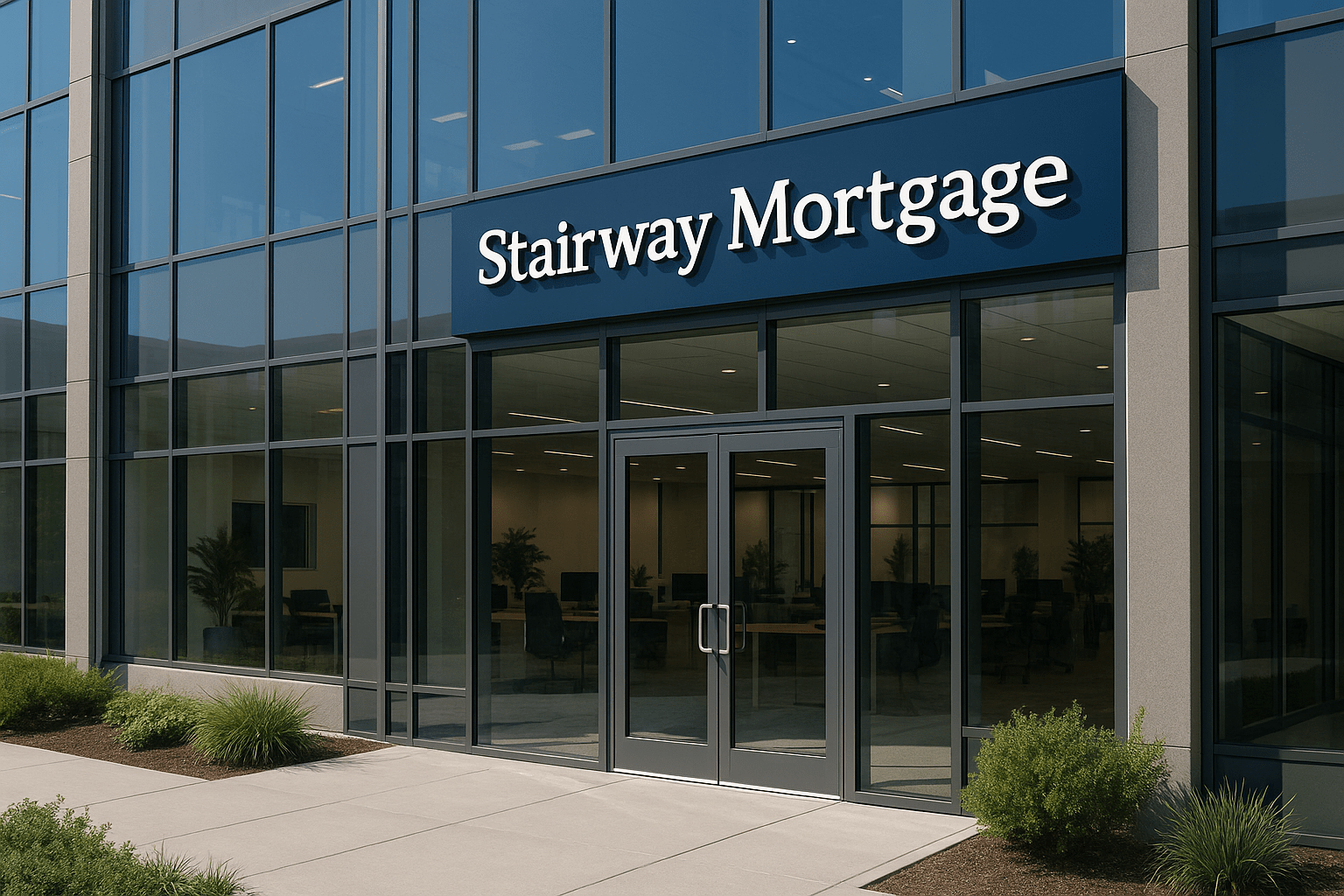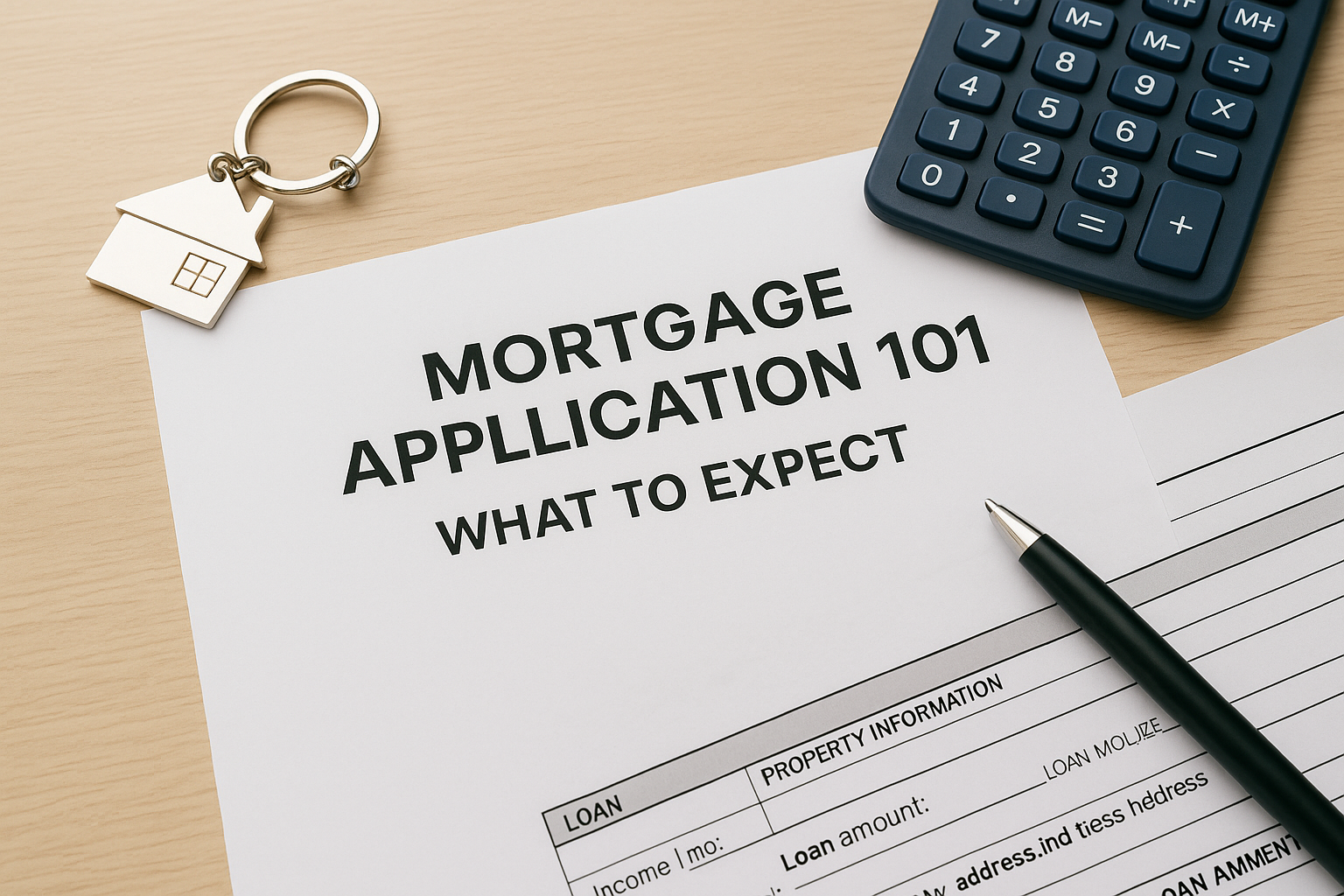Pay Off Mortgage Early: Opportunity Cost Analysis and Smart Alternatives
Pay Off Mortgage Early: Opportunity Cost Analysis and Smart Alternatives

Paying Extra on Mortgage: The Complete Opportunity Cost Analysis
The dream seems simple: pay off your mortgage early, burn the papers, and retire debt-free. But what if aggressively paying down your mortgage actually delays your wealth building and limits your financial flexibility?
Strategic homeowners understand that mortgage prepayment represents an opportunity cost—every dollar sent to principal early is a dollar that can’t work elsewhere. Sometimes paying off your mortgage early makes perfect sense. Other times, it’s financially counterproductive despite feeling emotionally satisfying.
In this guide, you’ll discover:
- Emotional versus mathematical mortgage freedom analysis
- Opportunity cost of prepayment versus investment alternatives ([following financial planning principles](https://www.consumer finance.gov/))
- When paying off your mortgage early makes sense versus when it doesn’t
- Tax deduction implications of eliminating mortgage interest
- Psychological benefits versus financial costs of being debt-free (understanding consumer finance)
Whether you’re years from retirement or decades away, understanding the complete picture helps you make informed decisions that balance emotional peace with financial optimization.
Questions about mortgage payoff strategy? Schedule a call to discuss your specific situation and goals.
What Is Opportunity Cost in Mortgage Prepayment?
Opportunity cost measures what you give up by choosing one option over another. In mortgage prepayment, it’s the return you could have earned by investing extra payment money elsewhere instead of sending it to your lender.
Example scenario:
- You have extra monthly amount available
- Option A: Send it to mortgage principal
- Option B: Invest it in diversified portfolio
Option A delivers: Interest savings equal to your mortgage rate Option B potentially delivers: Historical market returns
The opportunity cost = Difference between what you could have earned investing versus interest saved through prepayment
Why this matters: If your mortgage rate is moderate and you can earn higher returns elsewhere, prepaying your mortgage costs you money despite feeling financially responsible.
Use the conventional loan calculator to see how extra payments reduce your loan term and total interest paid.
Emotional vs. Mathematical Mortgage Freedom
Two types of freedom exist around mortgage payoff, and they often conflict:
Emotional Freedom
The feeling of not owing anyone: Peace of mind from eliminating debt, security from owning your home outright, psychological relief from no mortgage payment.
This is real and valuable. Sleep better, stress less about job security, enjoy retirement without housing payments. For many people, especially approaching retirement, emotional freedom justifies mathematical suboptimization.
Mathematical Freedom
The power of leveraged capital: Your money works harder elsewhere, you maintain liquidity for emergencies and opportunities, you build wealth through strategic deployment of resources.
Example:
- Homeowner has moderate mortgage balance at low interest rate
- Also carries high-interest credit card debt
- Has minimal emergency savings
- Sends extra payment monthly to mortgage principal
What’s wrong: Chasing emotional freedom of mortgage payoff while bleeding cash to credit card interest and maintaining no liquid reserves. That’s not stewardship—it’s sentiment masquerading as wisdom.
The debt consolidation refinance strategy addresses this by tackling high-interest debt first.

When Paying Off Your Mortgage Early Makes Sense
Aggressive prepayment serves specific situations well:
Approaching Retirement
Within several years of retirement, eliminating housing payments before transitioning to fixed income creates security and reduces required retirement income.
Why this works:
- Fixed income limits flexibility to handle payments
- Emotional peace matters more as you age
- Sequence-of-returns risk in market matters more
- Simplicity beats optimization in retirement
No Other High-Interest Debt
If you have no credit card debt, auto loans, or other expensive obligations, your mortgage becomes the logical prepayment target.
Prepayment priority:
- Pay off credit cards and high-interest debt first
- Build adequate emergency fund
- Maximize retirement contributions (especially with match)
- Then consider mortgage prepayment
Stable Income, Fully Funded Goals
When your financial foundation is solid:
- Emergency fund covers needs for months
- Retirement accounts fully funded
- College savings on track if applicable
- No other debt consuming cash flow
Then prepaying mortgage becomes reasonable wealth-building strategy rather than wealth-destroying distraction.
Peace of Mind Outweighs Returns
Sometimes the psychological benefit justifies suboptimal math. If mortgage debt causes genuine stress affecting your health, relationships, or quality of life, paying it off despite opportunity cost might be right.
Key question: Are you pursuing peace through control, or through wise faith-filled stewardship?
When Keeping Your Mortgage Makes More Financial Sense
Often, maintaining your mortgage and deploying capital elsewhere builds more wealth:
Low Interest Rate Environment
If your mortgage rate is notably below historical investment returns, you’re essentially borrowing at low rates to invest at higher rates—textbook wealth building.
Example:
- Mortgage rate: Moderate percentage
- Historical market returns: Higher percentage
- Spread: Several percentage points annually
Over decades, this spread creates substantial wealth difference between prepaying versus investing extra payments.
Tax Deduction Value
Mortgage interest may be tax-deductible, reducing your effective borrowing cost below the stated rate.
Effective rate calculation:
- Mortgage rate: Stated percentage
- Tax bracket: Marginal rate percentage
- Tax benefit: Deduction value
- Effective after-tax rate: Reduced cost
This makes the opportunity cost of prepayment even larger since you’re giving up deductions by reducing interest paid.
Note: Tax laws change, and itemizing must exceed standard deduction to benefit. Consult tax professionals for your specific situation.
Investment Opportunities Available
If you have access to opportunities earning solid returns—whether traditional investments, rental properties, or business ventures—keeping mortgage leverage and deploying capital strategically typically builds more wealth.
The HELOC strategy lets you keep your mortgage while accessing equity for strategic investments.
Need for Liquidity and Flexibility
Money sent to mortgage principal is illiquid—you can’t access it without refinancing or selling.
Life events requiring liquidity:
- Job loss or income disruption
- Medical emergencies
- Business opportunities
- Family needs
- Market downturns creating buying opportunities
Maintaining liquid reserves in accessible investments provides flexibility mortgage equity doesn’t offer.

Smart Alternatives to Aggressive Mortgage Prepayment
If you’re not ready to pay off your mortgage, strategic alternatives build wealth while maintaining flexibility:
Invest Extra Payments Instead
Redirect potential extra payments to diversified investment accounts:
- Tax-advantaged retirement accounts (maximize)
- Taxable investment accounts (after maxing tax-advantaged)
- Real estate investment opportunities
- Business ventures with solid returns
Why this works: Over long periods, historical market returns exceed mortgage interest rates, creating wealth faster than prepayment saves interest.
Build Substantial Emergency Fund
Before sending extra to mortgage, establish robust reserves covering your needs for extended periods. This prevents needing to borrow expensive money during emergencies.
Recommended reserves:
- Minimum needs coverage: Several months
- Ideal coverage: Extended months
- Self-employed: Even longer period
Pay Off Higher-Interest Debt First
Mathematically, always eliminate expensive debt before cheap debt.
Debt payoff priority:
- Credit cards and high-rate consumer debt (typical highest rates)
- Auto loans and personal loans (moderate rates)
- Student loans (varies—evaluate rate and benefits)
- Mortgage (typically lowest rate, tax-advantaged)
See the debt consolidation refinance guide for strategies addressing multiple debts simultaneously.
Make Modest Extra Payments
Middle ground: Make moderate extra payments reducing your loan term moderately while maintaining investment capacity.
Example approach:
- Make standard extra payment monthly
- Reduces term by several years
- Saves substantial interest
- Still leaves capital for investing and reserves
This balances: Mathematical optimization with psychological satisfaction of accelerated payoff.
How Stairway Mortgage Helps
Mortgage payoff decisions require understanding your complete financial picture, not just your mortgage terms. We help you evaluate whether prepayment or strategic alternatives serve your wealth-building goals better.
Our team helps you:
- Calculate opportunity cost of prepayment versus investment alternatives
- Model different extra payment scenarios and their impacts
- Evaluate refinancing options that might serve better than prepayment
- Consider strategic uses of equity through cash-out or HELOC
- Balance emotional and mathematical freedom appropriately
Whether you’re determined to be mortgage-free or want to leverage low-rate debt strategically, we’ll show you how your decision fits into your broader financial plan.
Ready to discuss your mortgage payoff strategy? Schedule a call to explore what makes sense for your specific situation.
Frequently Asked Questions
Should I pay off my mortgage early or invest?
It depends on your mortgage rate, investment return expectations, timeline, and personal values. Generally, if your mortgage rate is below expected investment returns, investing builds more wealth. If you’re approaching retirement, prioritize emotional security. Always pay off high-interest debt and build emergency funds before either option. Use the conventional loan refinance calculator to model different scenarios.
What is the opportunity cost of paying off mortgage early?
Opportunity cost equals the returns you could have earned investing extra payments minus the interest you save through prepayment. If your mortgage rate is moderate and you could earn higher returns investing, the opportunity cost is that spread multiplied by your extra payment amounts over time. Over decades, this can represent substantial wealth difference between prepaying versus investing.
Is paying extra principal on mortgage worth it?
It depends. You save interest equal to your mortgage rate on prepaid amounts, but you give up potential higher investment returns and liquidity. It’s worth it when: approaching retirement, no higher-return opportunities exist, you have adequate reserves, and psychological benefits outweigh financial costs. It’s less attractive with low mortgage rates, decades until retirement, and good investment opportunities available.
Need a Pre-Approval Letter—Fast?
Buying a home soon? Complete our short form and we’ll connect you with the best loan options for your target property and financial situation—fast.
- Only 2 minutes to complete
- Quick turnaround on pre-approval
- No credit score impact
Got a Few Questions First?
Let’s talk it through. Book a call and one of our friendly advisors will be in touch to guide you personally.
Schedule a CallNot Sure About Your Next Step?
Skip the guesswork. Take our quick Discovery Quiz to uncover your top financial priorities, so we can guide you toward the wealth-building strategies that fit your life.
- Takes just 5 minutes
- Tailored results based on your answers
- No credit check required
Related Posts
Subscribe to our newsletter
Get new posts and insights in your inbox.







